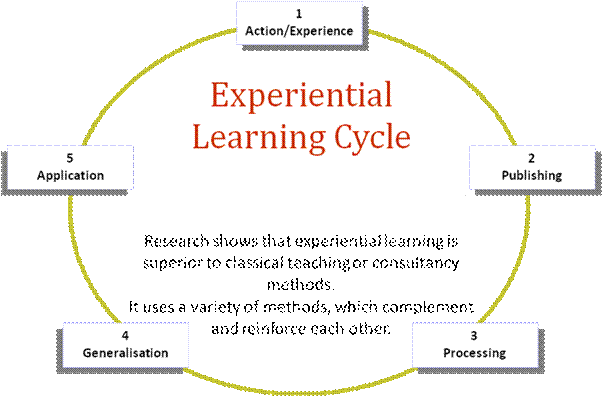LEGO®SERIOUS PLAY® - Theory
| LEGO® SERIOUS PLAY® (LSP) is a 
3-Dimensional |
- Engages the imagination
- Enables a detailed organisational analysis
- Based on the research of MIT's Seymour Papert and Swiss psychologist Jean Piaget
- Playing, learning, working are three facets of the same activity!
- The concept developed over several years by LEGO Executive Discovery + 2 IMD professors, Johann Roos and Bart Victor
What is LSP
when you can't put something into words, you can build it
LEGO®SERIOUS PLAY® - Open Source
In May 2010, the LEGO company formally announced the end of the business model it had introduced with the initial commercialisation of LSP, based on a network of licensed partners and its intention to move to an "Open Source" model. In this context, LEGO no longer offers any support to individuals or organisations using the methodology. This move has allowed practitioners to offer a wider range of services, including customised LSP-enabled activities, facilitator training, etc. The SeriousPlayPro.com community represents all those who have any interest in the LEGO® SERIOUS PLAY® methodology.
If you are interested in reading more about the methodology, please contact joyce@caprese.org. In the meantime, you may like to read LEGO's generic description of LSP (approx 35MB) for the open source community.
LEGO®SERIOUS PLAY® - Implementation
Construction |
Metaphors |
Storytelling |
Imagination |

